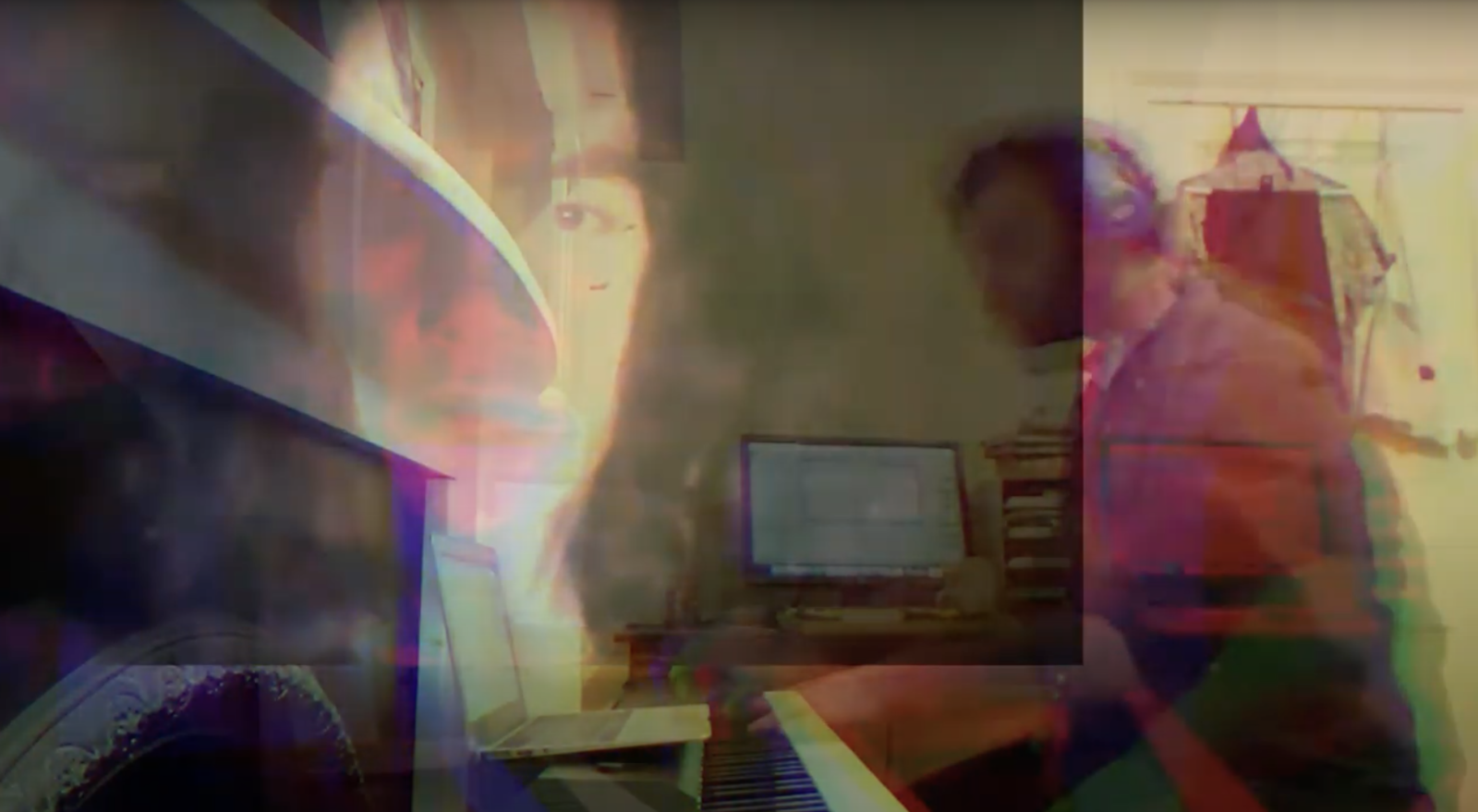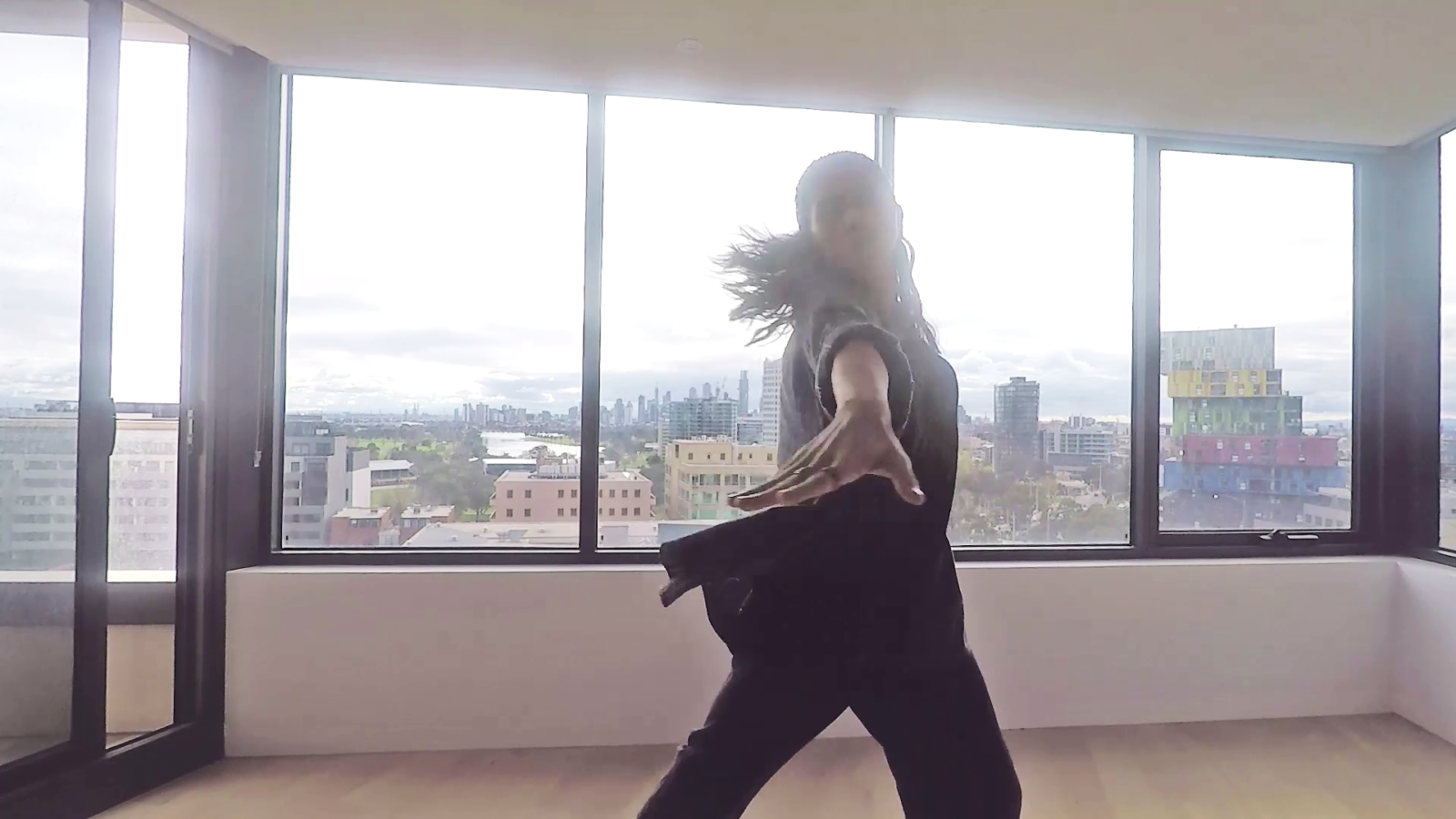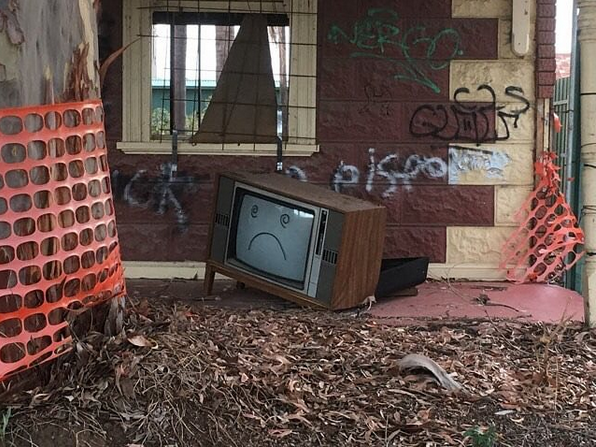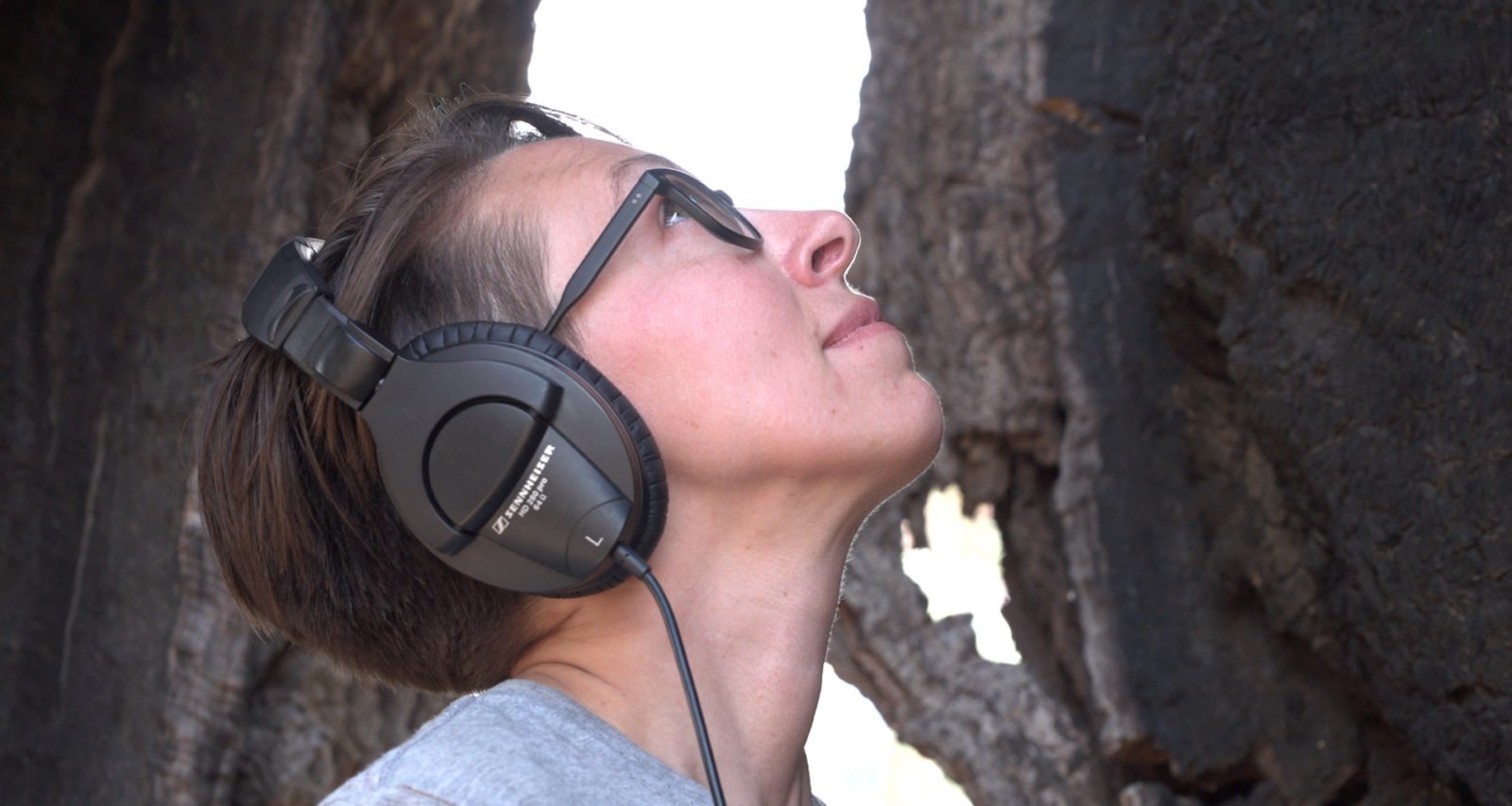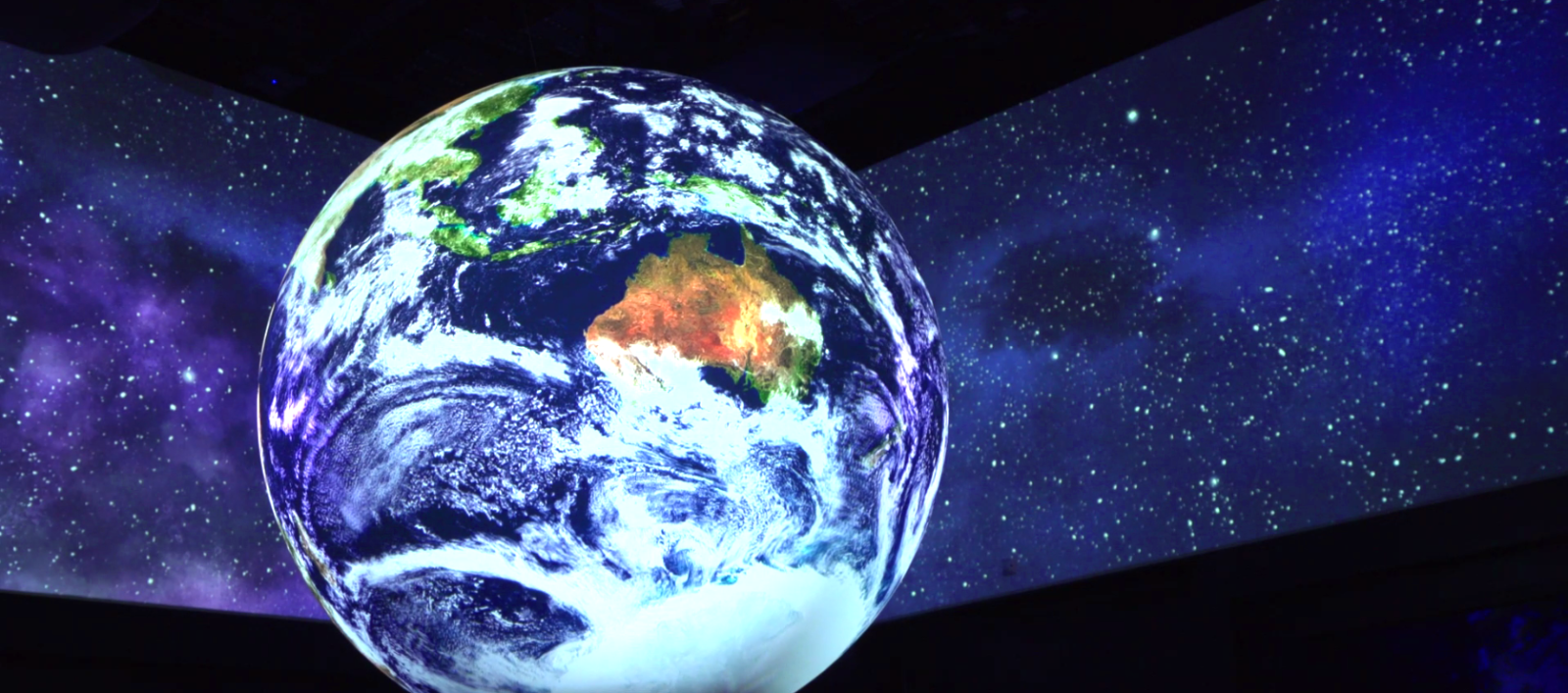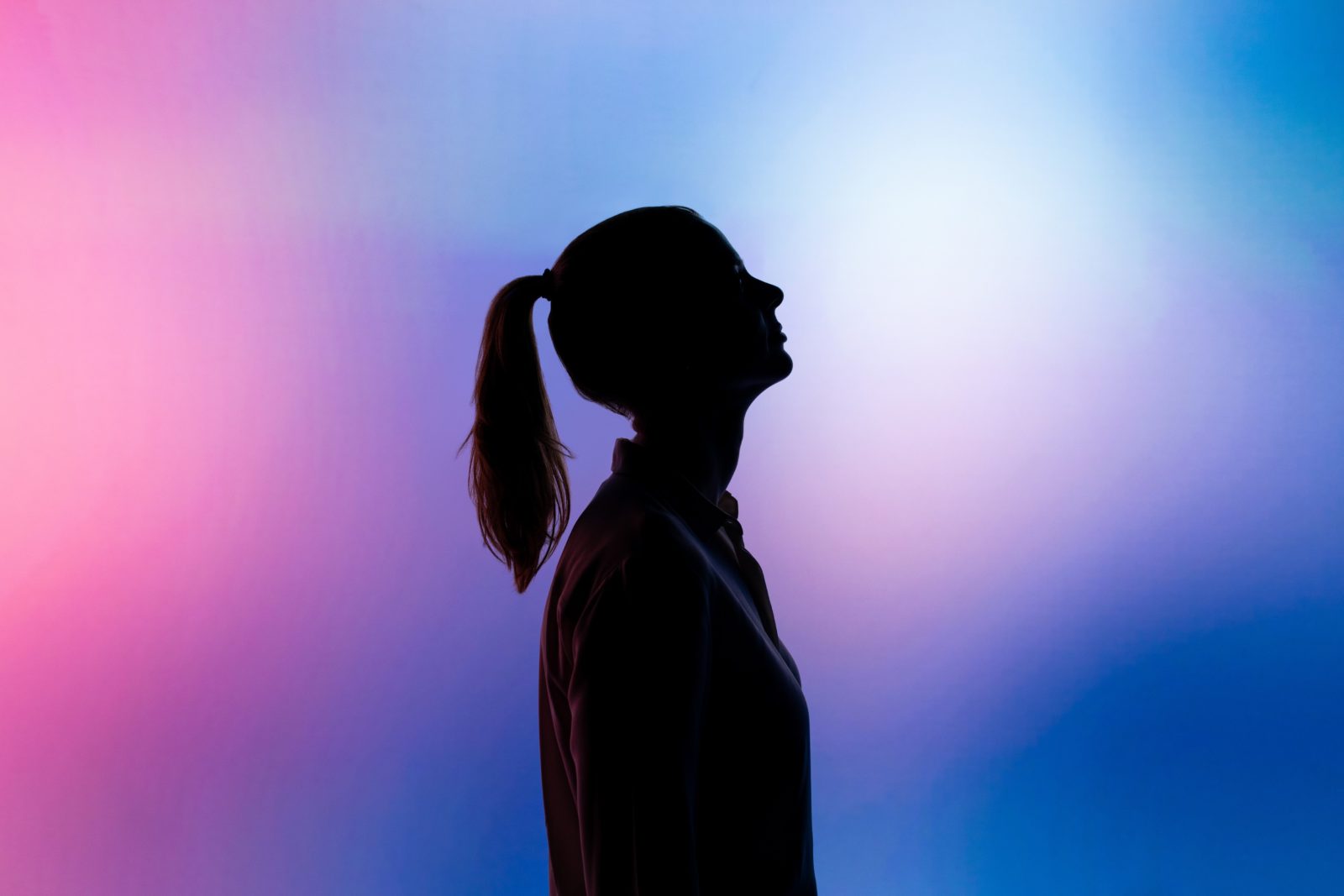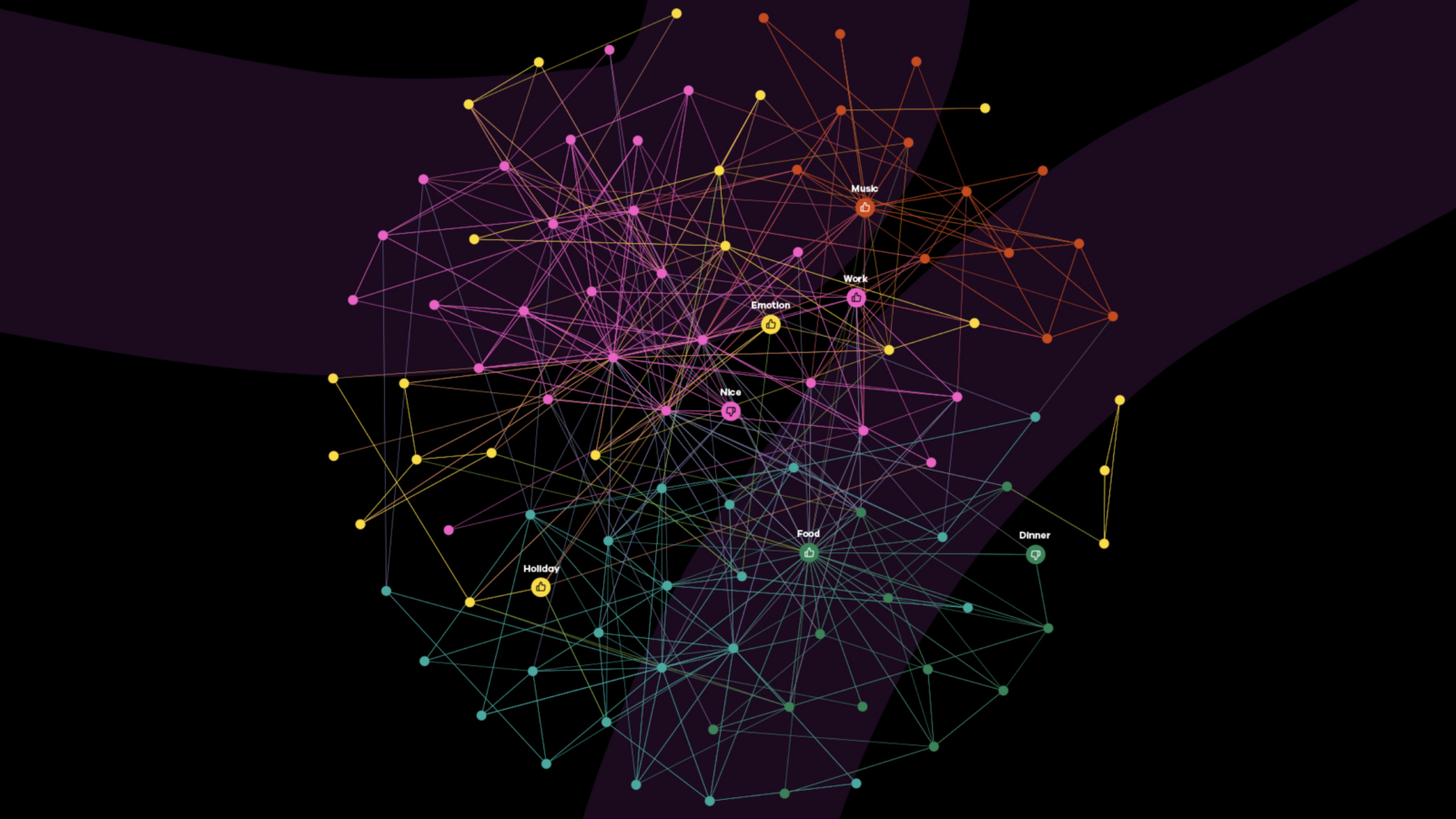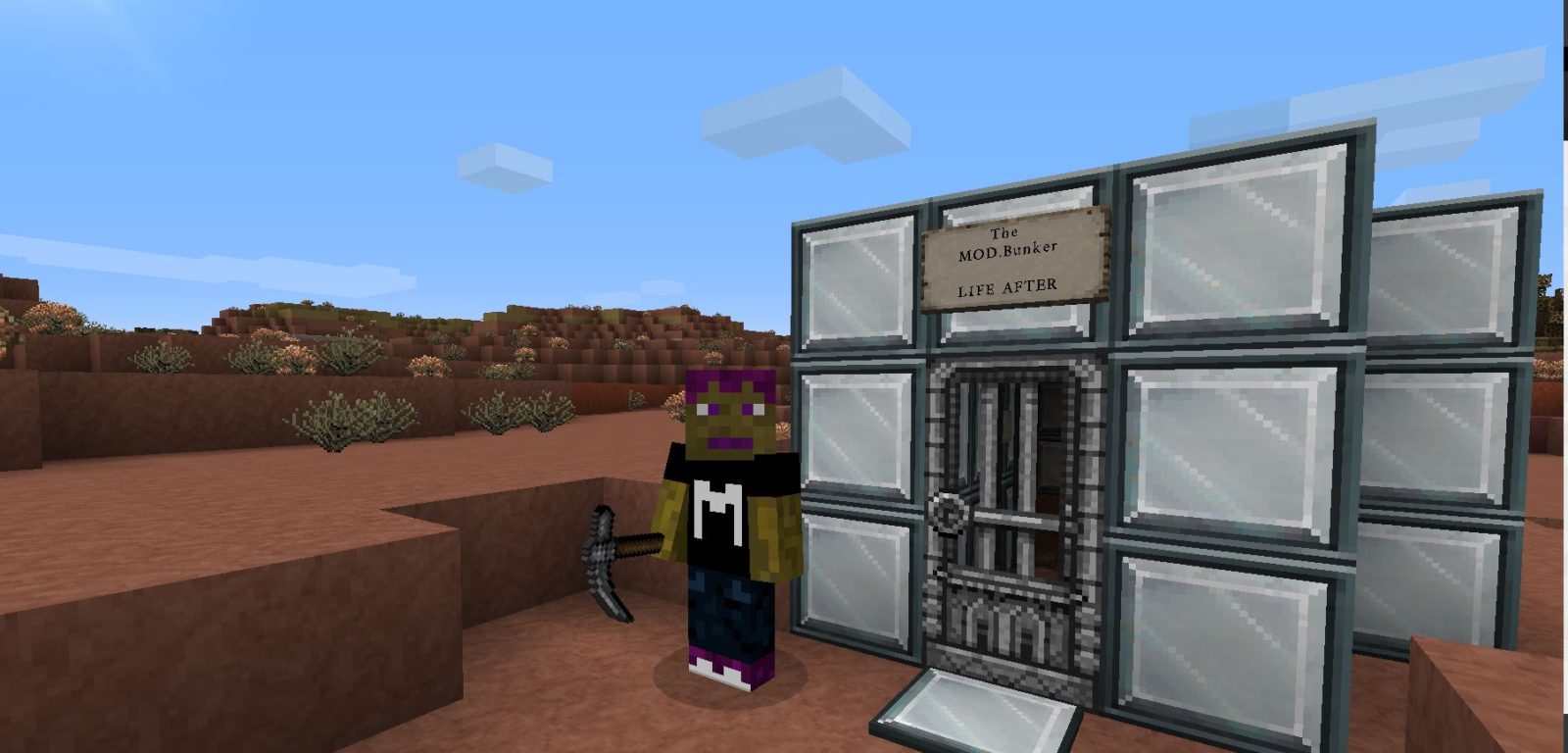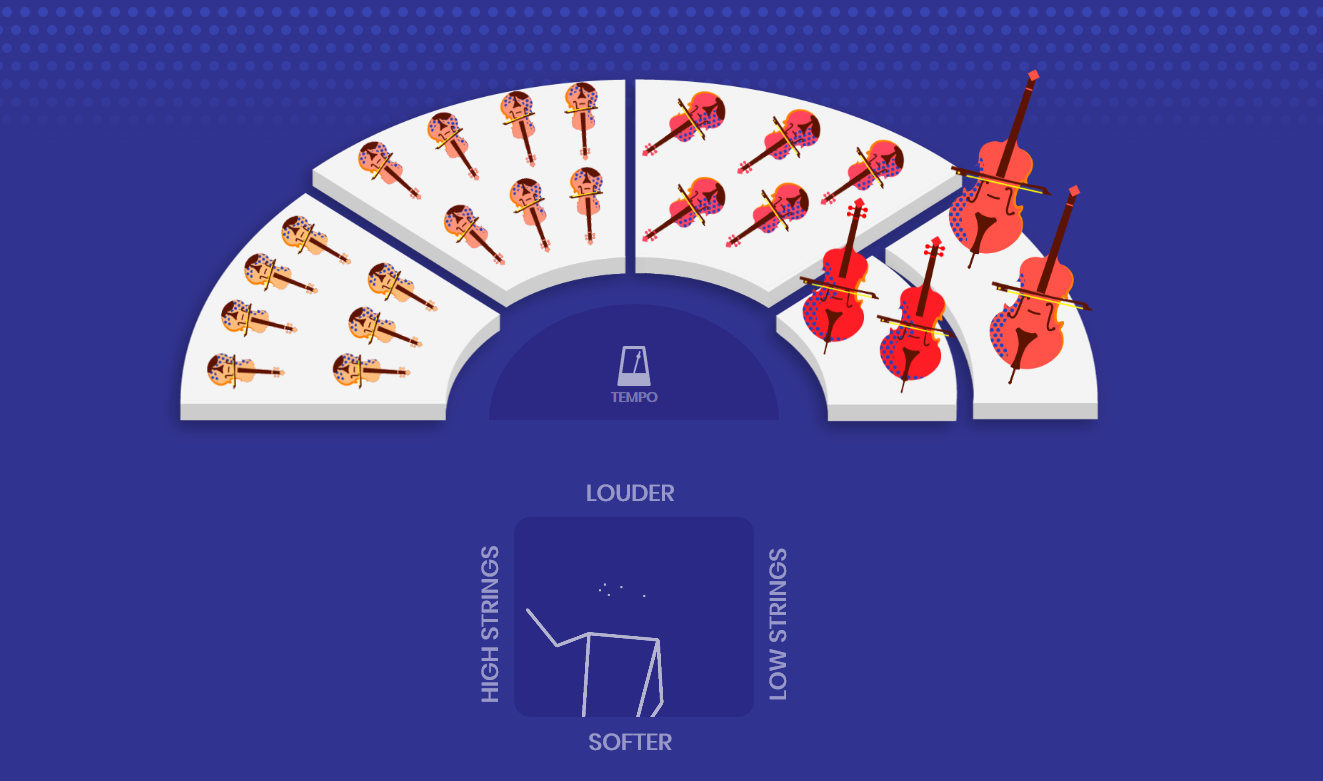Interested in learning how to sleep better?
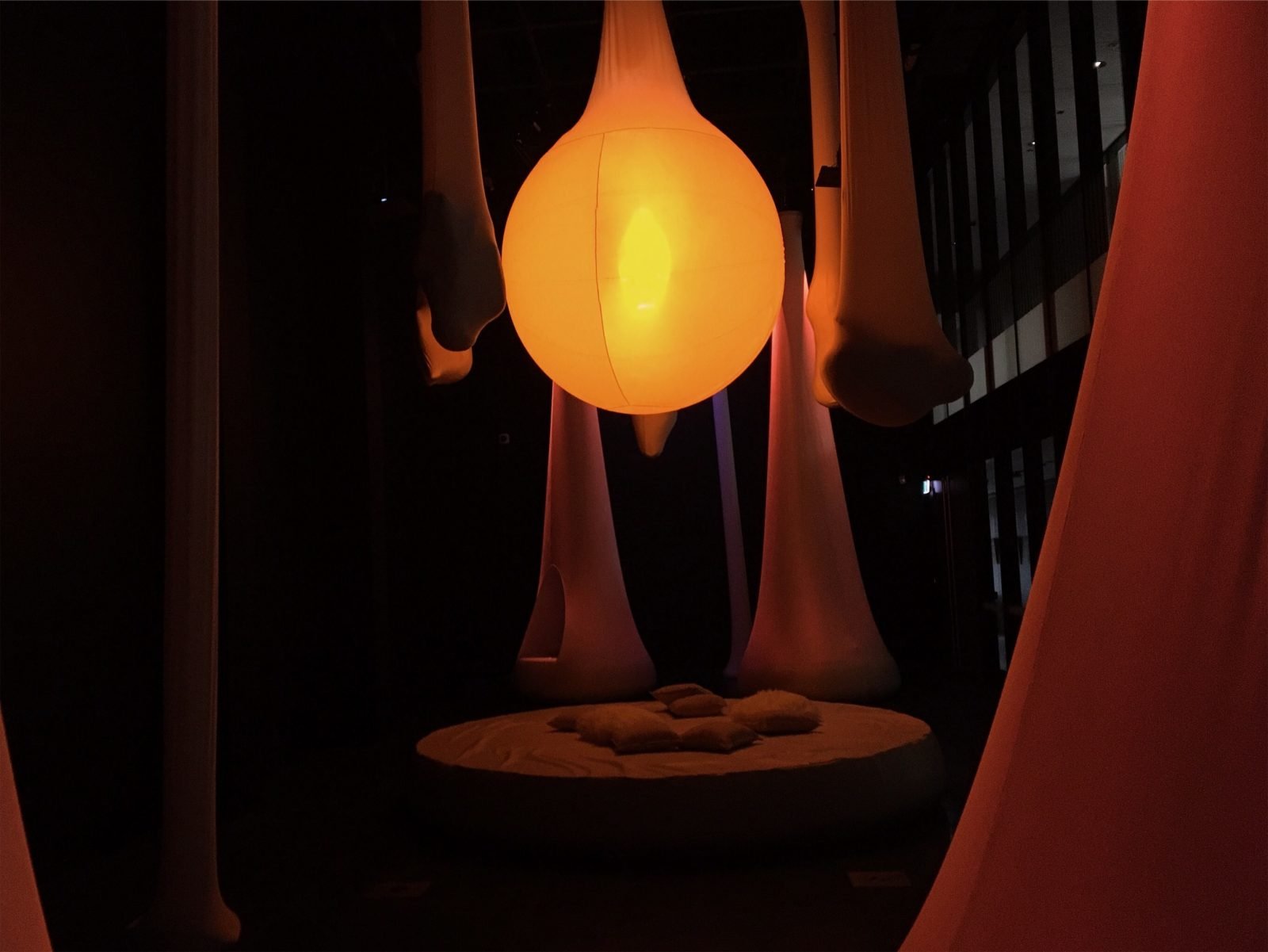
Exhibit Details

- Digital Exhibit
- Transcript
We don’t really know why we sleep, but a lack of it can greatly affect our ability to make good decisions.
When sleep deprivation occurs in military operations and other around-the-clock, safety-critical settings, it can have disastrous outcomes.
Why do we sleep?
Perhaps it’s to help us relax, rebuild and grow. It might be to help us store memories and organise what we learn. Maybe it’s a time to chemically wash the brain clean, or a combination of all these things. Whatever the answer turns out to be, it’s clear that sleep is important for our mood, health and performance. Sleep patterns have evolved over millions of years across species to enhance survival by optimising the timing of activity and idleness while also allowing us to maintain the most agile brains.
A lack of sleep can strongly influence our ability to make sound decisions. This can have potentially disastrous consequences if sleep deprivation occurs in military situations and other safety-critical settings. What is worse, a diminished ability to make thoughtful decisions often goes unnoticed. Cognitive performance such as vigilant attention, processing speed and working memory (all important for safe and effective functioning) are affected by not getting enough sleep.
According to research, after 17 hours of wakefulness, the decline in cognitive performance is comparable to alcohol intoxication of 0.05% blood alcohol content.
If you can’t get a decent sleep, naps can be a powerful tool for maintaining performance during conditions of sleep deprivation. For example, a ten-minute nap in the afternoon improves cognitive performance for up to three hours.
Sounds of Sleep Ops
Accompanying Sleep Ops is a soundscape by Adelaide-based songwriter Jason Sweeney. Called Sleep Cycles, this looped soundscape is composed to send you in a temporary state of slumber or decreased brain activity whilst inside this gallery space. A soft bell indicates the cycles beginning and end.
The various stages (very subtly) shift over 8 minutes according to this pattern:
- Lightly (the body and mind drifting)
- Slowly (the body deepens into sleep, defences down)
- Deeply (a state of parasomnia: between sleep and broken sleep)
- Dreamy (a period of REM/Rapid Eye Movement)
- Restorative (the body prepares to wake, becomes active – or falls back into sleep)
Discover More
Watch
Read
Listen
- Can’t sleep? Listen to our Soundscape at home on Soundcloud, or download it here.
Light
Light is very important for our internal body clock.
It helps that clock stay in time but also light is very important for our mood and well-being and it’s important to get bright sunlight during the day for us to stay healthy and happy.
If we get too much light in the evening this can impact a hormone in our body called melatonin.
Melatonin is very important for us to be able to get off to sleep because melatonin rises in the evening and then reduces in the morning.
We need to be able to have that normal rise in melatonin to help us get off to sleep at the right time.
For some people they have to work through the night and so shift workers for example, who are going off to work when most people are actually getting ready to go sleep, are faced with having to have an environment of bright light through the evening and nighttime when they’d usually be asleep.
This can disrupt their circadian rhythms and make it quite difficult for them to get to sleep during the day.
When I come home from night shift obviously sleeping during the day is difficult but I have blackout curtains that I use so I’ve got blinds and my blackout curtains that seem to block out most of it.
I’ve gone around and stuck stickers on most things that glow or flash in my room just to try and avoid that.
But sometimes it’s just unavoidable.
I’ve sort of just gotten used to sleeping in any sort of light.
When we have our naps at work we’re in the fluorescent lights and so now I can basically just sleep standing up anywhere.
Having bright light can also be helpful for maintaining alertness.
So for shift workers who have to work through the night, actually having a brightly lit environment does make it better for them to work and make it easier for them to to perform their tasks.
So getting light at the right time can really help shift our circadian rhythms quickly so that our internal body becomes more in sync with the external environment.
And getting the right timed light means that we can move our circadian rhythms quickly.
Noise
A lot about sleep is habit and so we need a lovely, comfortable, quiet place to sleep.
That really helps us get off to sleep and maintain our sleep.
Some noises can be beneficial.
So, a white noise in the background which is even and quiet and not too disruptive can actually enable us to get off to sleep and stay asleep well.
But if it’s a loud, random noise perhaps a dog barking, a car honking, a plane flying overhead, these noises,even if we don’t fully wake up to them, can disrupt our sleep and mean that we go from a deeper stage of sleep to a to a lighter stage and that then affects our quality of sleep.
I do get up during the night which is the daytime for everyone else but you get up multiple times just to try and figure out what is making so much noise.
Things like our neighbours doing renovations is difficult to sleep through.
When things are particularly noisy outside I’ll use some sleep sounds and I have a few playlist of different nature noises which I find help block out some of the noise.
Temperature
It’s important to maintain the perfect balance of temperature while asleep.
If we get too hot it will wake us up and we’ll find it very very difficult to get back off to sleep.
If it’s too cold we’ll be uncomfortable and not able to stay asleep either.
So it’s really important that we have that lovely warm cocoon and on some nights thats very easy to achieve but in hot environments for example, that can be quite difficult.
Caffeine
So caffeine can have a number of interesting effects on our body.
It can change our heart rate, our blood pressure, and all of these things work together to improve performance.
It makes us more focused, it gives us a faster reaction time, but it also has some interesting negative effects as well.
So some people are very, very sensitive and even a small amount of coffee could make them have heart palpitations and feel very irritable and make it very hard for them to get off to sleep.
Other people aren’t so very sensitive at all or have developed a tolerance to the caffeine.
It’s really important to think about caffeine consumption in a more strategic way.
So for example, for shift workers who are having to work through the night, a coffee can really help them stay alert and awake while performing important tasks on night shift.
They may even also want to have a coffee to help them get home and to survive the commute through all that busy traffic.
So on my way to work no matter what shift I’m doing I will always have a coffee.
So I always have a double shot long black and I find that’s what gets me through until my tea break.
Overnight obviously we use a lot more caffeine to keep ourselves awake and I think that’s more a bit of a force of habit than anything else.
The caffeine can increase our alertness and focus but when we’re trying to get off to sleep this is not a good thing, because of the stimulant effects it makes it very difficult for us to get off to sleep.
We can often lie in bed for a long time while our body is still processing the caffeine and it means it disrupts our sleep quality.
The majority of the caffeine is still floating around in our bodies a good five to six hours after we’ve consumed it and in some people who are very sensitive to caffeine it can stay in our system for up to 24 hours.
So when consuming caffeine, people should really listen to their body.
If you’re someone who’s very sensitive to consuming caffeine perhaps it’s better to be strategic and just consume it in the morning.
For those who are a little more tolerant or who aren’t as sensitive, perhaps having a coffee in the afternoon isn’t such a bad thing.
But you’ll certainly know if you’re in the more sensitive or less sensitive camp because you’ll have difficulty falling asleep that night, certainly if you’re someone that’s more sensitive.
Credits
- Associate Professor Siobhan Banks RESEARCH
- Exhibition Studios DESIGN AND BUILD - GALLERY EXHIBIT
- Freerange Future DESIGN AND BUILD - DIGITAL EXHIBIT
- Sofia Heyward NARRATION
- Jason Sweeney SOUNDSCAPE
- Phil Van Hout AUDIO PRODUCTION


